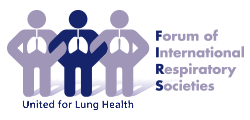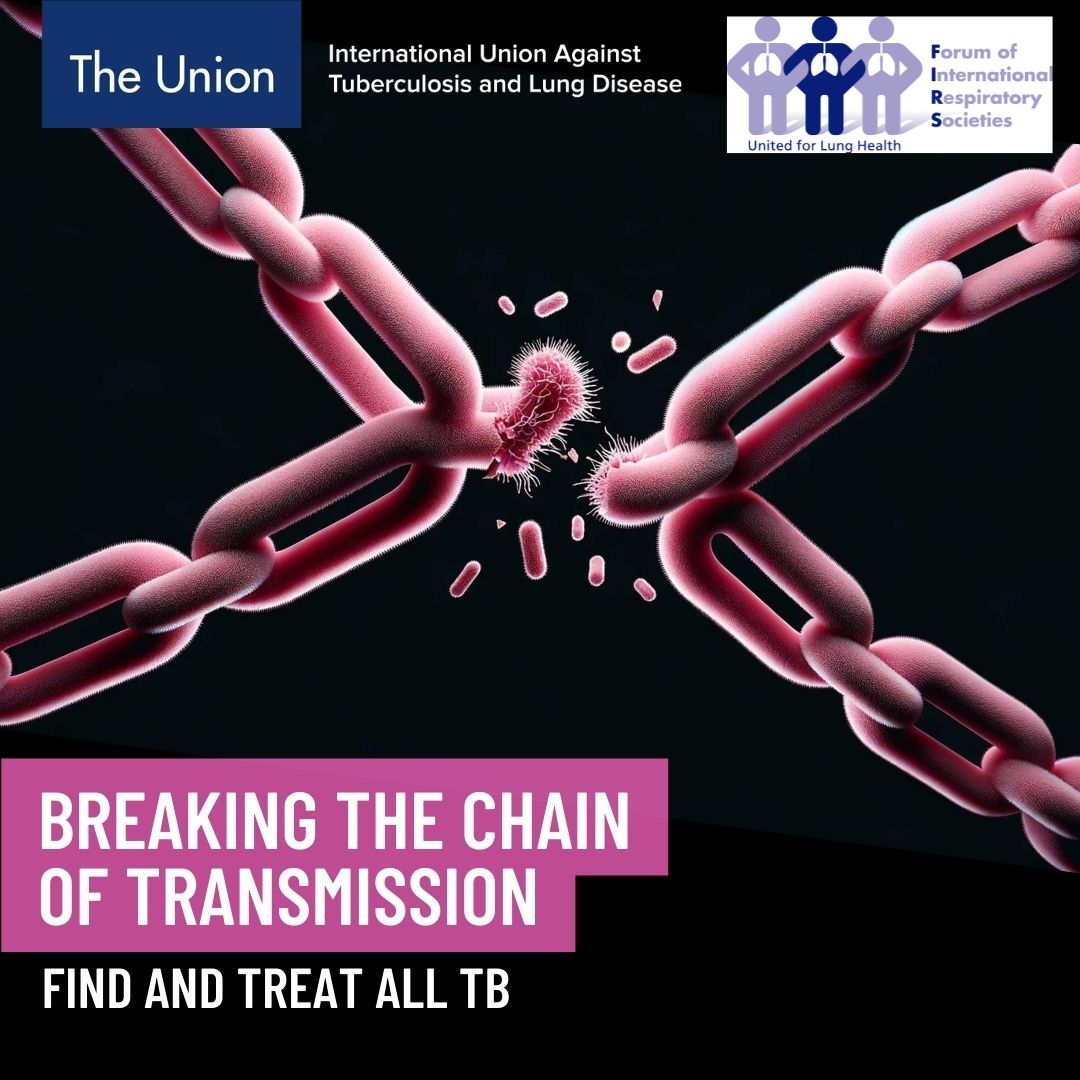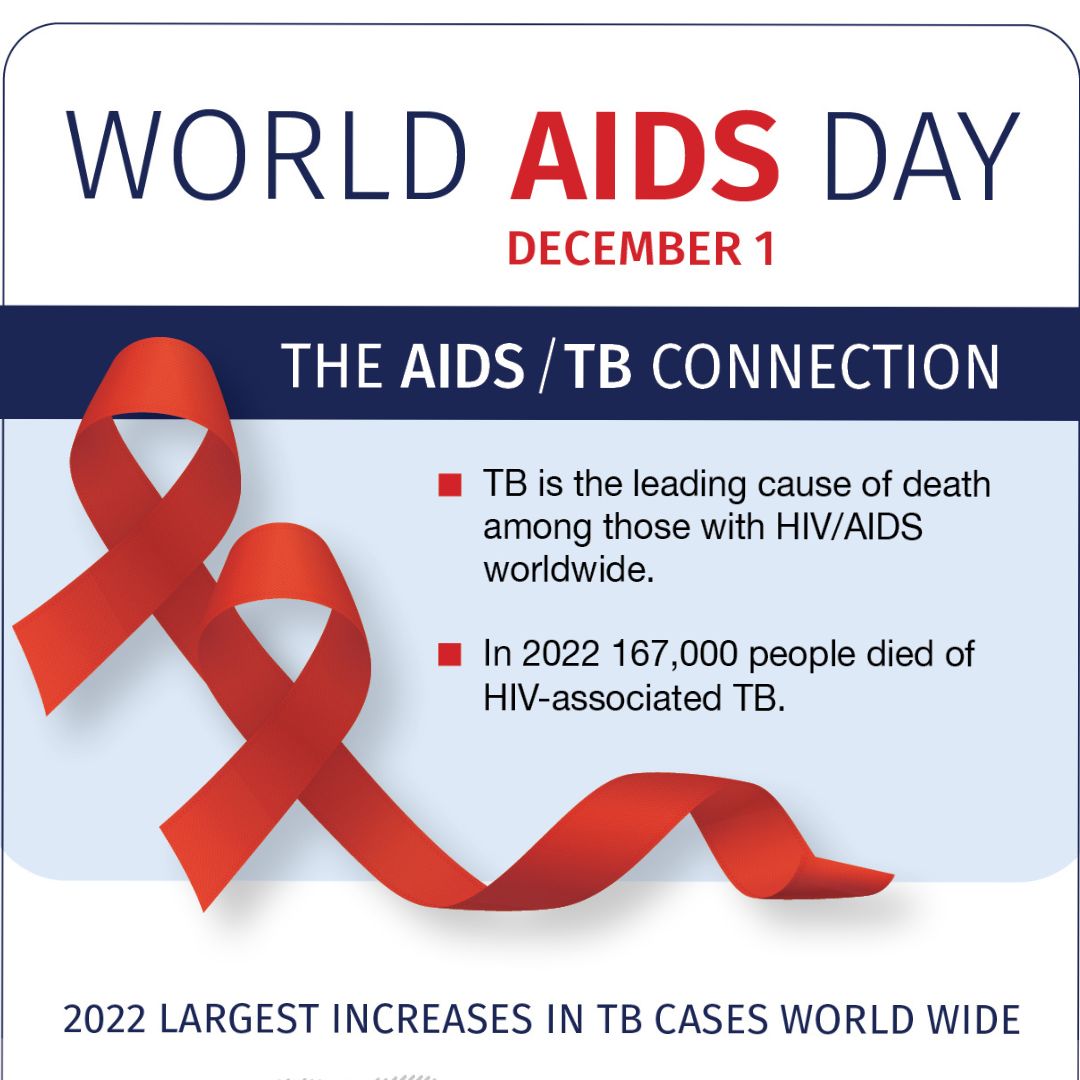Cape Town, Glenview, Lausanne, Montevideo, New York, Paris, Tokyo, May 5, 2015 – It is estimated that between 300 and 400 million people worldwide suffer from asthma and about 250,000 people die each year, most of them in low- and middle income countries. Although asthma affects all ages, races and ethnicities, wide variation exists in different countries and in different groups within the same country. During the past three decades, asthma has been increasing in developed and developing countries and it is the most common chronic disease in children as described in the Global Asthma Report 2014 (1).
For the World Health Organization, asthma is one of the major non-communicable diseases globally. Asthma causes recurrent attacks of breathlessness, cough or wheezing which may vary in severity and frequency from person to person. Asthma symptoms frequently cause nighttime wakening, daytime fatigue, reduced activity levels and school and work absenteeism (2).
Asthma can be controlled with good medical care and appropriate medication. However, in many countries, particularly in low- and middle income countries, health systems may not have the capacity to implement existing guidelines and patients do not have access to affordable good quality asthma inhalers. Therefore, optimal inhaled corticosteroid preventer therapy is not widely available, leading to unnecessary attacks of acute or severe asthma that may require hospitalization. Further inhaled bronchodilator reliever therapy for treating acute attacks may also be unavailable, leading to poor treatment. Poorly controlled asthma places a large economic burden on patients and on the health system which could be avoided if appropriate asthma management strategies and inhaled medicines were available.
FIRS considers asthma as one of the 5 major respiratory conditions globally. Asthma together with COPD, acute respiratory infections, TB and lung cancer accounts for a great societal burden and is in urgent need of increased attention (3). Prof Heather Zar, chair of FIRS said: “Political commitment is key to reduce the burden of asthma globally. We all know that health authorities in countries are confronted every day with competing health priorities, but it is critical that access to quality asthma care, including the availability of effective asthma inhaler pumps is guaranteed in all countries, and in particular for children.“
Asthma and other non-communicable diseases are causing a huge burden in low- and middle income countries and this burden is very likely to grow dramatically if strong measures to control these chronic diseases are not implemented with determination and without delay. FIRS advocates that strategies to reduce the burden of asthma and other NCDs be considered a high priority in the framework of the UN Sustainable Development Goals to be finalized this year.
About FIRS
The Forum of International Respiratory Societies (FIRS) is an organization comprised of the world’s leading international respiratory societies working together to improve lung health globally: American Thoracic Society (ATS), American College of Chest Physicians (CHEST), Asociación Latino Americana De Tórax (ALAT), Asian Pacific Society of Respirology (APSR), European Respiratory Society (ERS), International Union Against Tuberculosis and Lung Diseases (The Union) and the Pan African Thoracic Society (PATS). The goal of FIRS is to unify and enhance efforts to improve lung health through the combined work of its more than 70,000 members globally.
About World Asthma Day
World Asthma Day has been initiated by the Global Initiative for Asthma, GINA, to improve asthma awareness and care around the world. GINA has been on the forefront to make sure that asthma is being given the right attention globally. The theme for 2015 is "You Can Control Your Asthma."
- Global Asthma Report 2014.
- WHO asthma fact sheet N° 307, updated November 2013.
- Respiratory Diseases in the world – Realities of Today – Opportunities for tomorrow.




